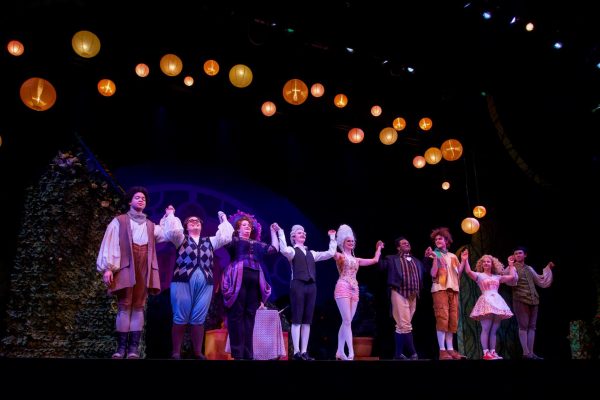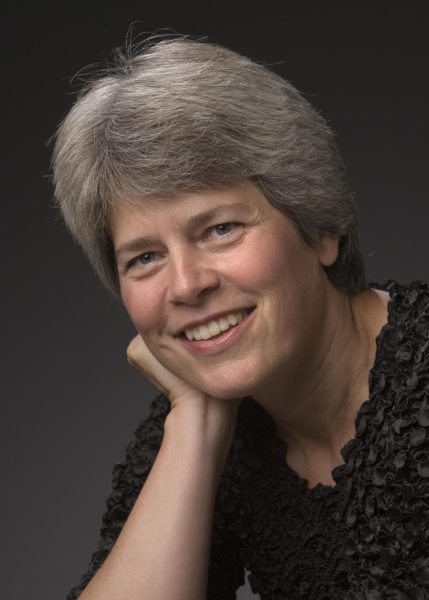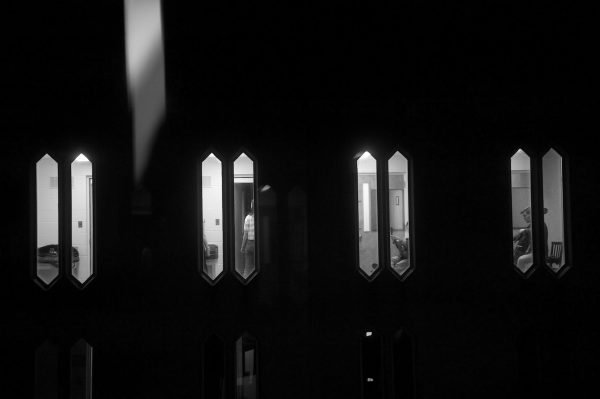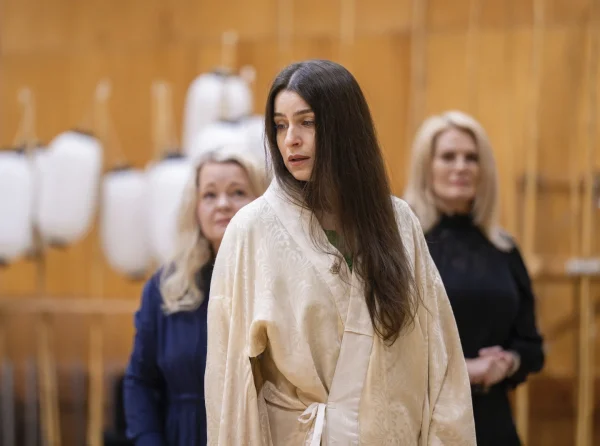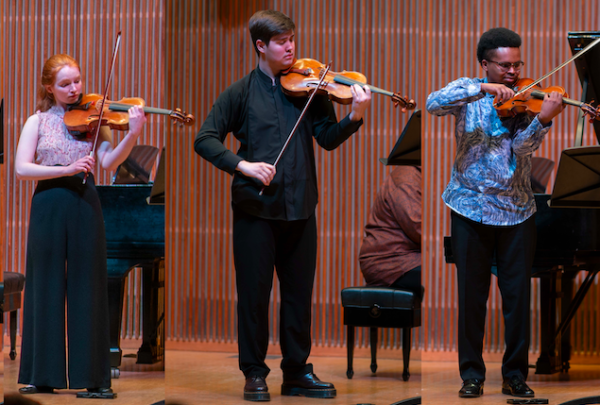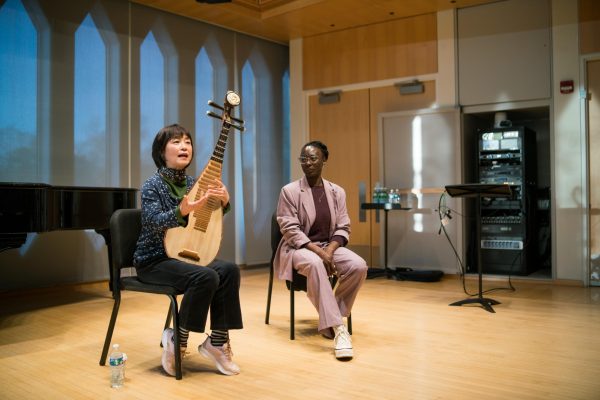Mindfulness: An Attractive Invitation for Musicians

Vibe
I can remember that night quite clearly, for its events are branded into my memory. I was set to perform on a recital a Beethoven sonata — a piece I had worked on for months — whose opening D-major ascending octaves offer a regal introduction into a quintessential work of Beethoven’s early period.
On the day of the recital, I remember playing the piece over and over again in the practice room, trying to assuage my fear of a memory slip, the one event I thought would spell disaster for my reputation as an artist and a performer. Just minutes before I was set to perform, I stood backstage trembling with fear, hearing the performer just before me finish her Chopin Ballade.
I envisioned what the experience of going up on the stage would be like — there was me, the piano, the audience, the lights, my appearance, and my reputation. I had a Sisyphean task ahead of me. I would have to play to protect what I had; I would have to walk a delicate tightrope.
As I sat down at the piano and began the piece, I could feel the sheen of sweat on my fingertips and an uncontrollable quivering in my knees. I tried to force myself to become engrossed in the music, to just let myself fall into a state of flow, a oneness with the music. But the harder I seemed to push, the harder I asked myself to fall into the flow of the melodies and harmonies and accompaniment, the more quickly a new thought ricocheted inside my head, “When will it happen? When will you have a memory slip, when will you embarrass yourself completely?”
And soon enough, it happened. As that thought reached a crescendo, I froze, having experienced a memory slip that left me on track to play just a sliver of the piece. What I had so feared was happening in a recital in front of my peers and professors. A voice from the audience murmured, “Start from the beginning.” It was a voice whose timbre I recognized. It was my piano teacher who bore witness to my collapse.
At that moment, as I restarted the sonata, the performance anxiety I had suddenly evaporated, for what was there to be afraid of anymore? In having that memory slip, I had given the audience a piece of my inner me; I showed them I was vulnerable, and for me that was rock bottom, there was nothing else to show.
Funnily enough, my performance of the sonata went smoothly from there. It felt like the audience and the piano were within me and there was nothing I could do but give them what I had.
At that point, in my youthfulness, I lacked the insight I have now. After the performance, I remember bursting into fits of uncontrollable sobbing; I imagined the disgust my professors and peers would have at having bore witness to my failure.
But in the months after that event, I began a journey toward grasping what music performance truly meant. I began ingratiating myself with the inner workings of my mind, trying to understand how I could train my brain to face the prospect of performance anxiety.
In my journey toward exploring my mind, a journey that is still ongoing, I soon stumbled across the idea of mindfulness, and specifically how it relates to the high-stakes challenge of piano recitals. One of the core concepts of mindfulness theory that I have worked to adopt is the idea of becoming aware of one’s own breathing.
I offer this story to encourage my fellow Conservatory musicians to take advantage of the plethora of Conservatory wellness programs that are offered, including most pressingly, the upcoming mindfulness workshops with conductor, philosopher, and author John Thomas Dodson. As the founder of the Blue Heron Mindfulness Living, he specializes in applying Buddhist mindfulness theories to the art of music performance.
One of the key aspects of his course is the idea of oneness as a performer: “There is no boundary between the fingertip and the piano key, between the breath and the note, between the bow and the string. No longer is there an interior voice commenting on the happenings around us.”
In this present moment, as I reflect back on that memory- slip-laden recital, I see the ways in which the mindfulness Dodson espouses could have helped me as a performer in that moment. I realized I could have washed away the separateness with which I viewed the performance — the piano, the audience, the lights, the reputation — and replaced that perception with a oneness, a oneness that is encapsulated in the power of musical performance to tell a deeply personal story, a story that is naturally imperfect.
Yet reading about such ideas and practices from afar only does you so much good. To actually experience the power of Buddhist mindfulness to enrich you as a performer, you must attend the upcoming sessions offered by John Thomas Dodson on March 20 and 27. I hope to see you there.



